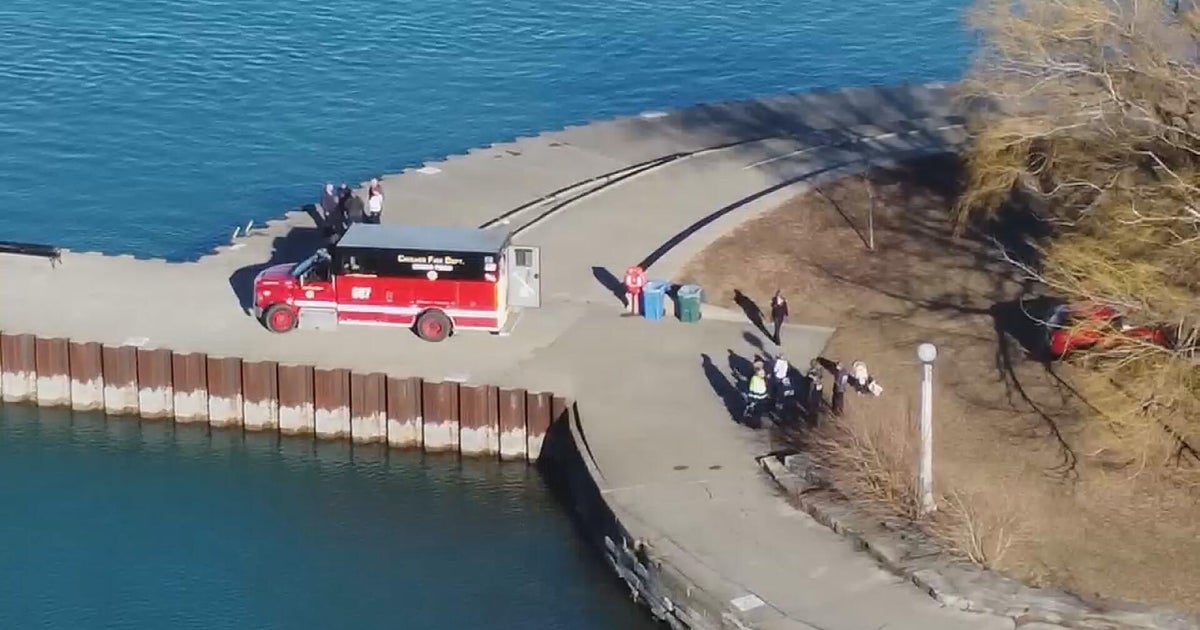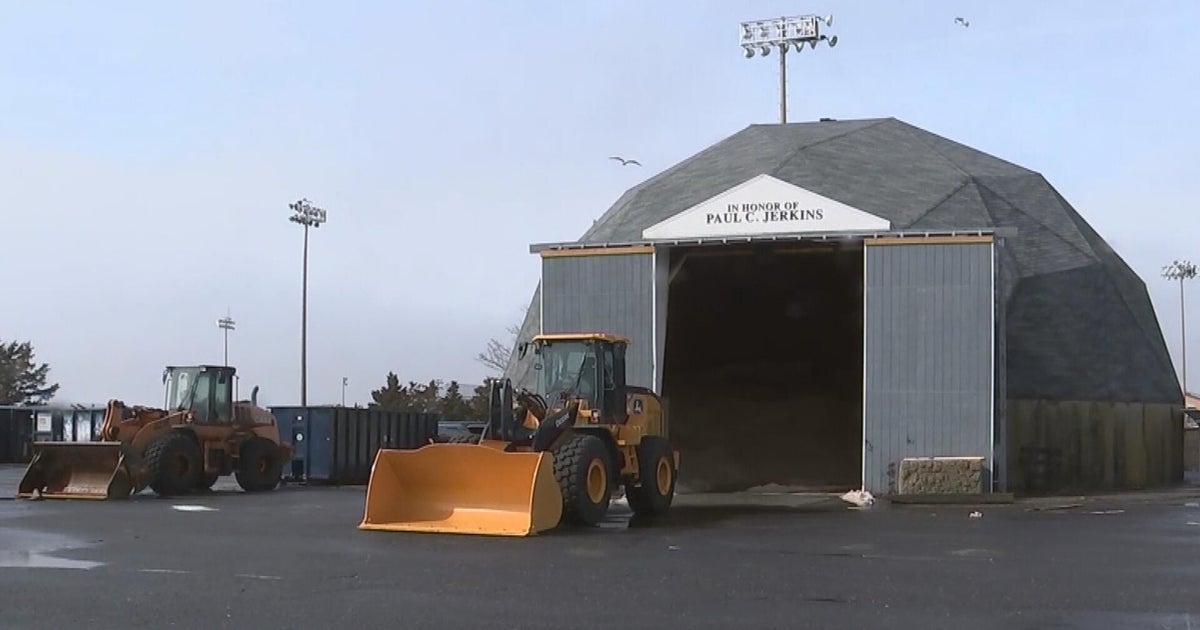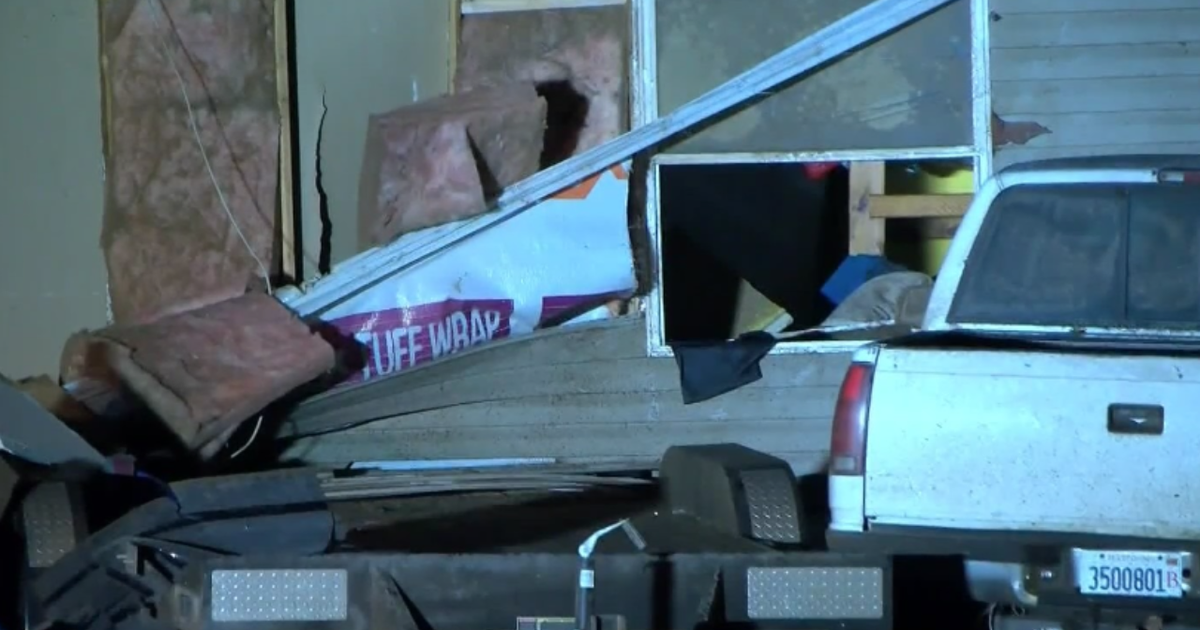Beaches Along Great Lakes To Get Life-Saving Aids
DETROIT (AP) — An effort to prevent people from drowning due to dangerous currents along the Great Lakes will include installing kits with life-saving aids such as ring buoys and youth life jackets at 10 public beaches along Lake Michigan, officials announced Monday.
Michigan Sea Grant said the kits will be installed this summer. Additional support from the National Oceanic and Atmospheric Administration is expected to put similar equipment on beaches in Illinois, Indiana, Minnesota, Ohio and Pennsylvania over the next two years.
A database assembled by Michigan Sea Grant and the National Weather Service says 138 swimmers drowned in the Great Lakes over the past 12 years — including 69 people in Michigan — in incidents blamed at least in part on rip currents and other currents.
"Michigan's Great Lakes coasts, and the shore of Lake Michigan in particular, have become the epicenter of drowning-related deaths in the Great Lakes region," Elizabeth LaPorte, Michigan Sea Grant's communications and education services director, said in a statement.
Dangerous currents occur throughout the Great Lakes and are common along the eastern shore of Lake Michigan. Rip currents are strong, narrow currents that move away from the shore. Trying to swim against a rip current can quickly lead to exhaustion.
Many Great Lakes beaches don't have trained lifeguards on duty. Each of the "beach safety kits" will contain a ring buoy, a throw bag and U.S. Coast Guard-approved life jackets for youths. Cards encouraging people to closely watch children at the beach also will be distributed.
"We want people to enjoy the Great Lakes and to be safe at the beach, and this outreach effort will help raise awareness," said Michigan Sea Grant Director Jim Diana, a professor at the University of Michigan School of Natural Resources and Environment.
The Great Lakes Current Incident Database, which has been in development for more than a decade, was started to help weather forecasters alert people to potentially hazardous swimming conditions. A new searchable database went online in April.
A nationwide public education campaign starts June 1 with Rip Current Awareness Week, sponsored by the National Sea Grant College Program, the National Oceanic and Atmospheric Administration, the United States Lifesaving Association and the National Park Service.
Michigan Sea Grant is a cooperative program between the University of Michigan and Michigan State University that focuses on Great Lakes research, outreach and education. It's supported by NOAA's National Sea Grant. The beach kits are funded by grant money.
(© Copyright 2014 The Associated Press. All Rights Reserved. This material may not be published, broadcast, rewritten or redistributed.)







